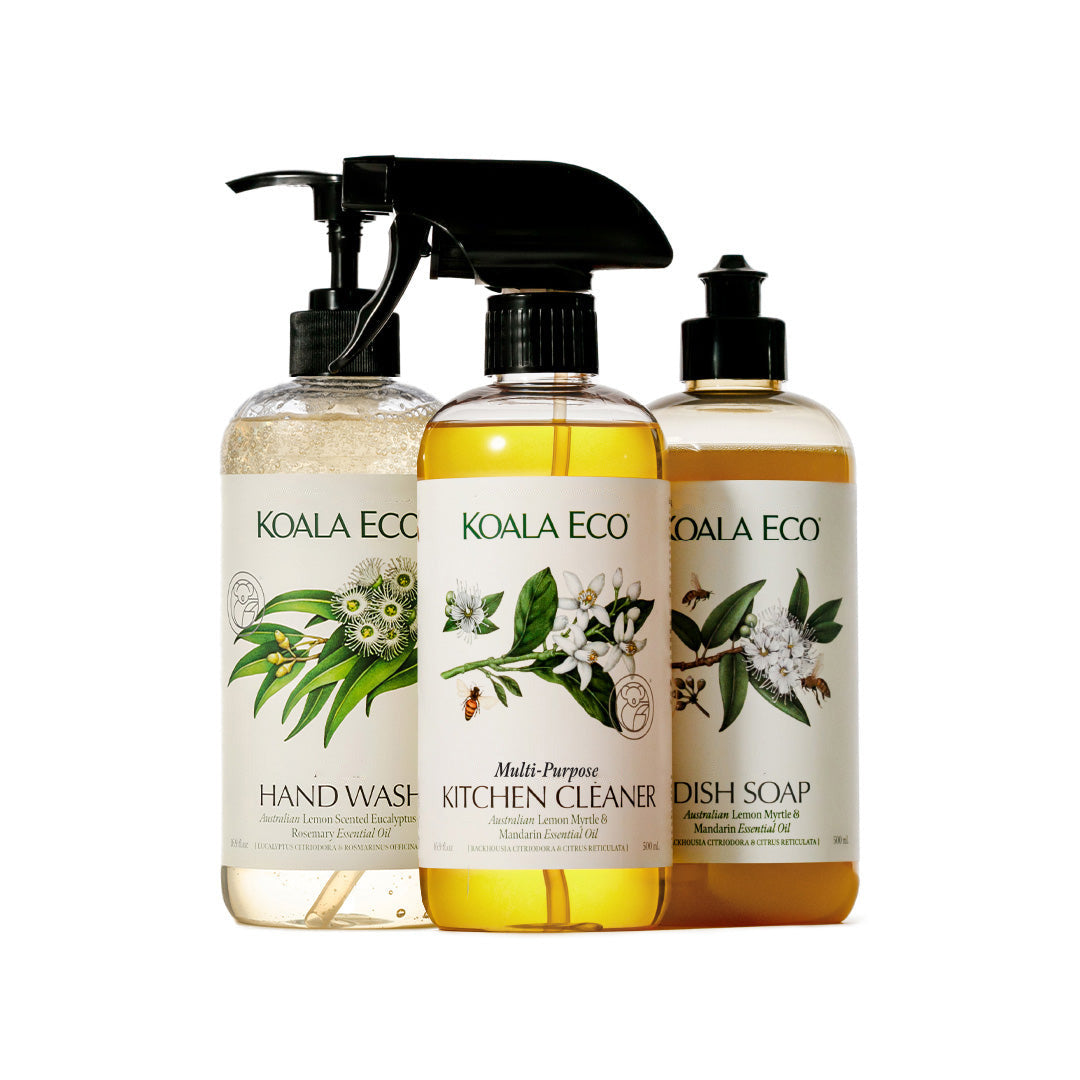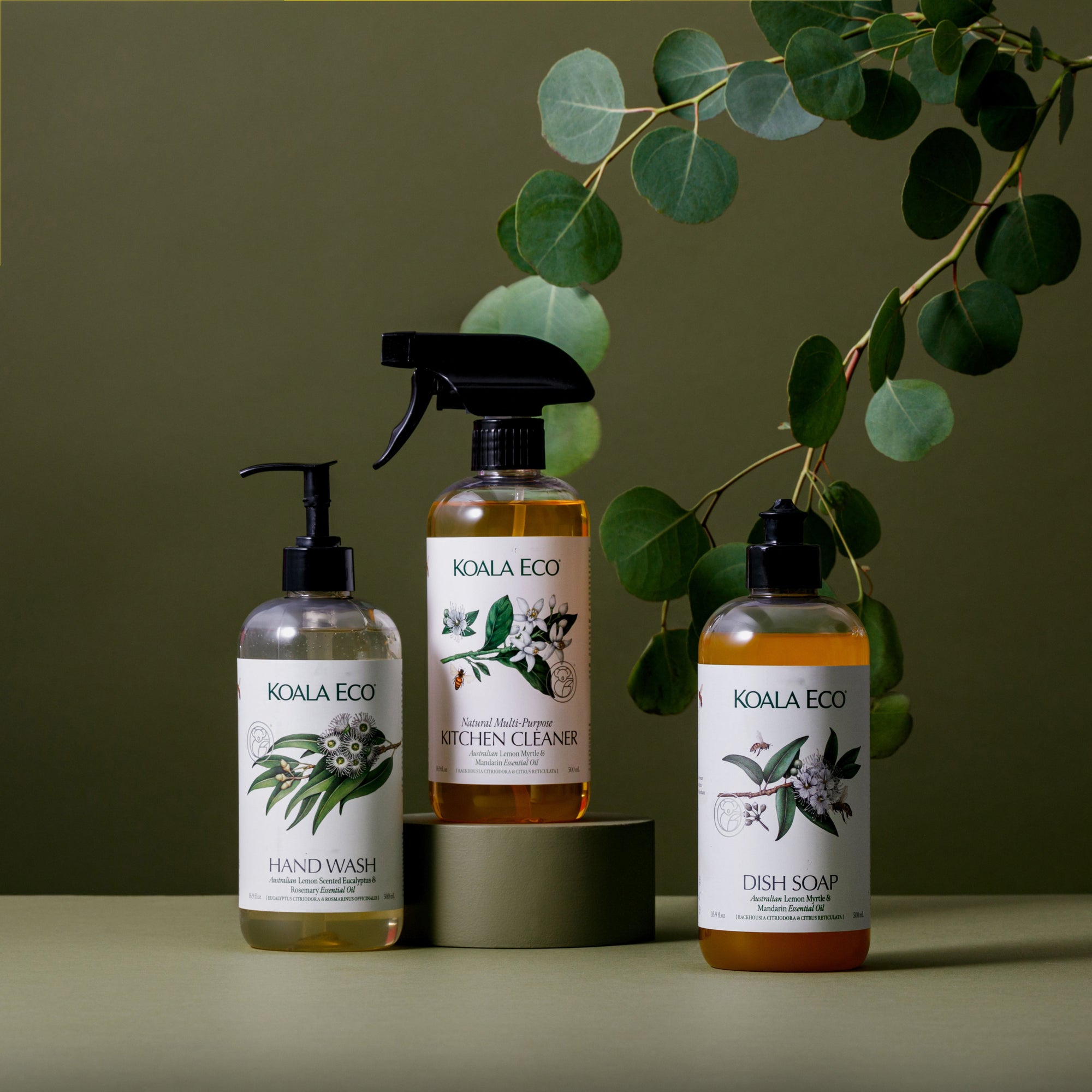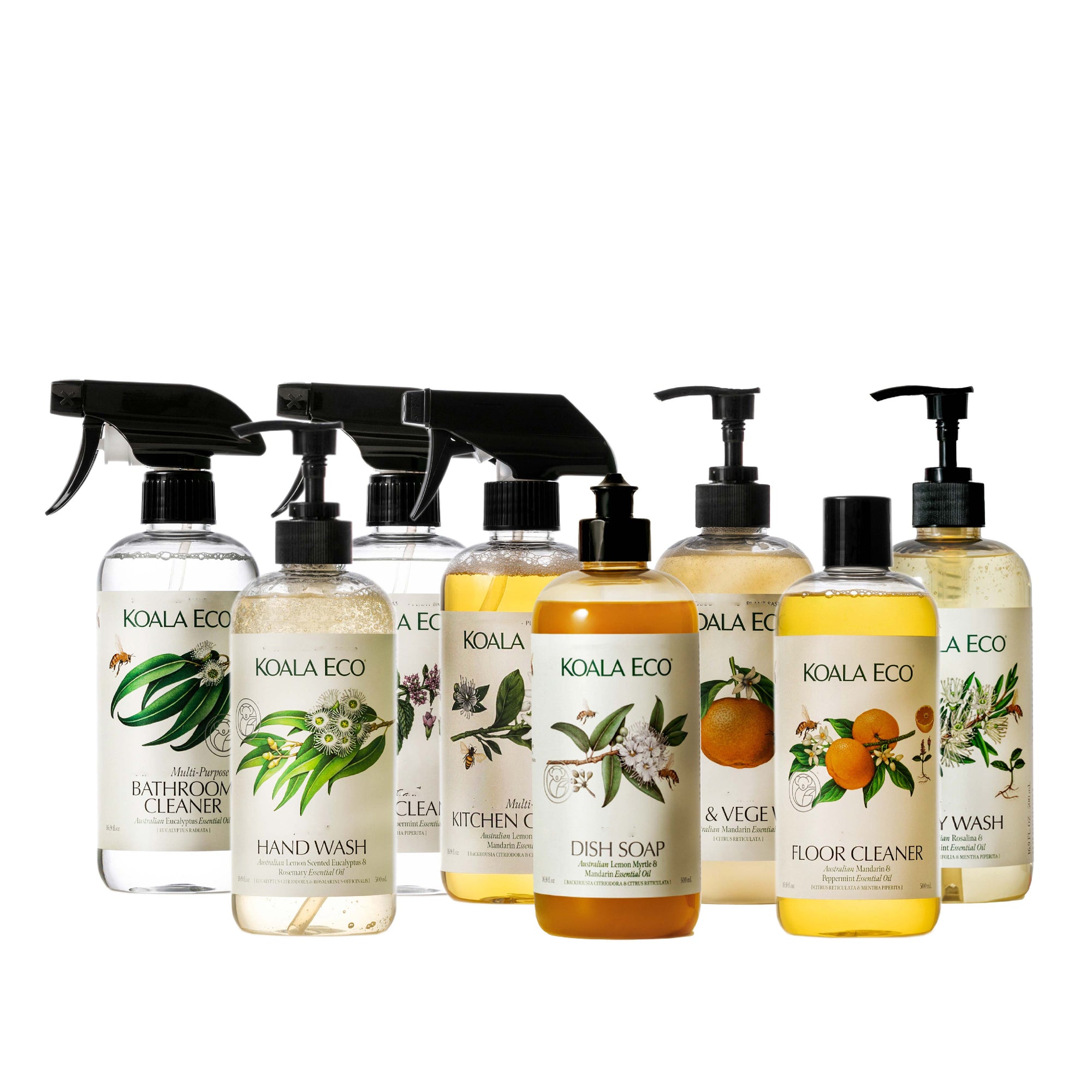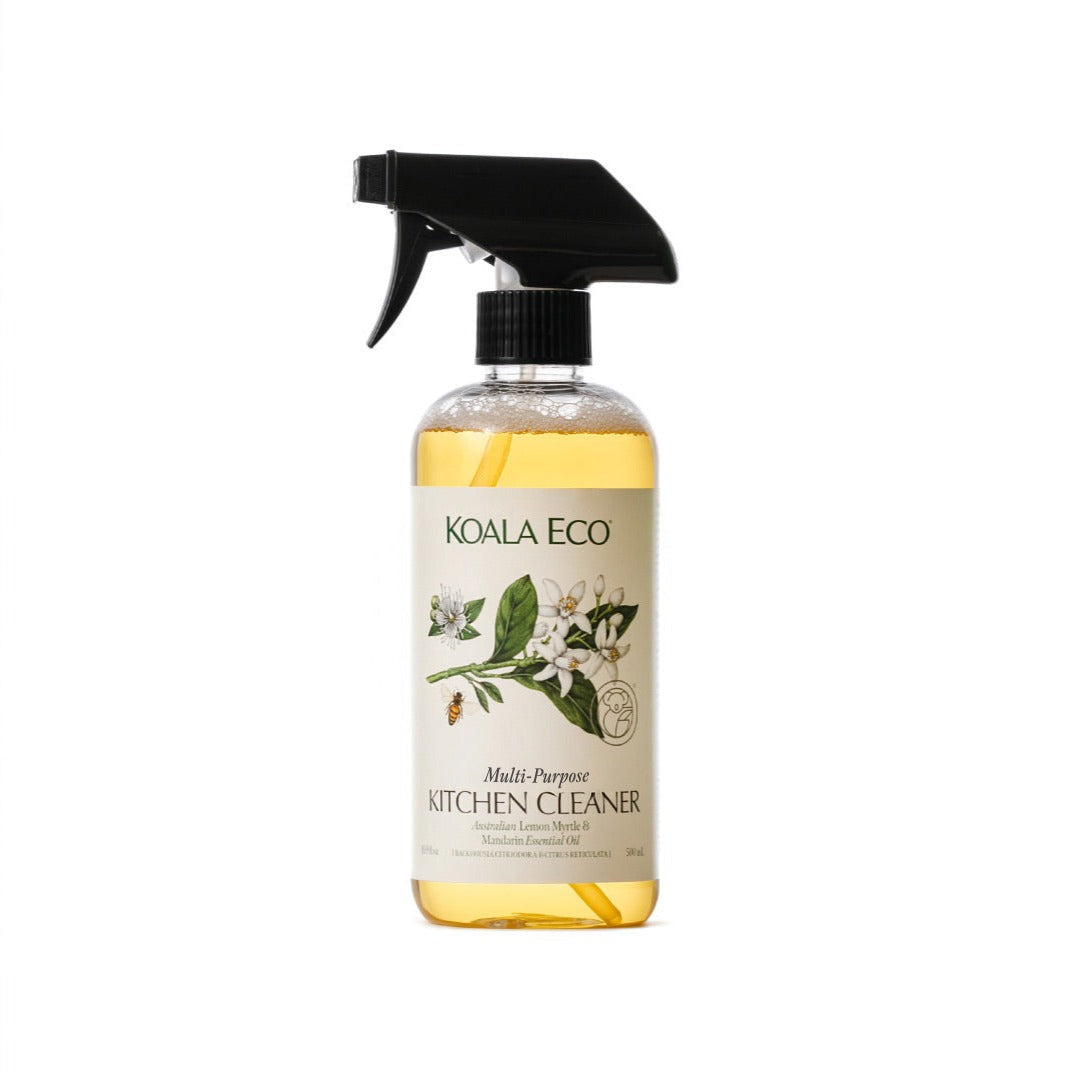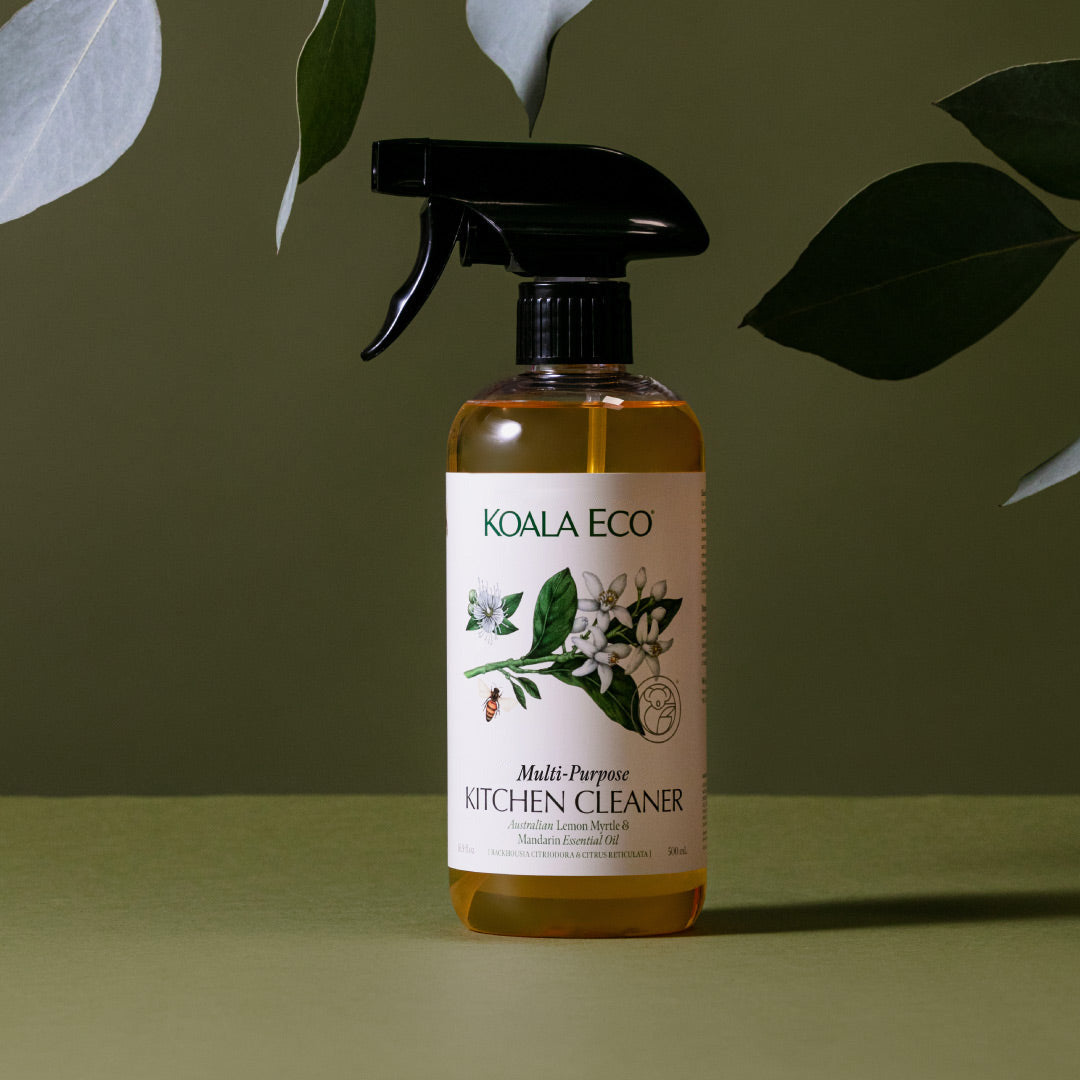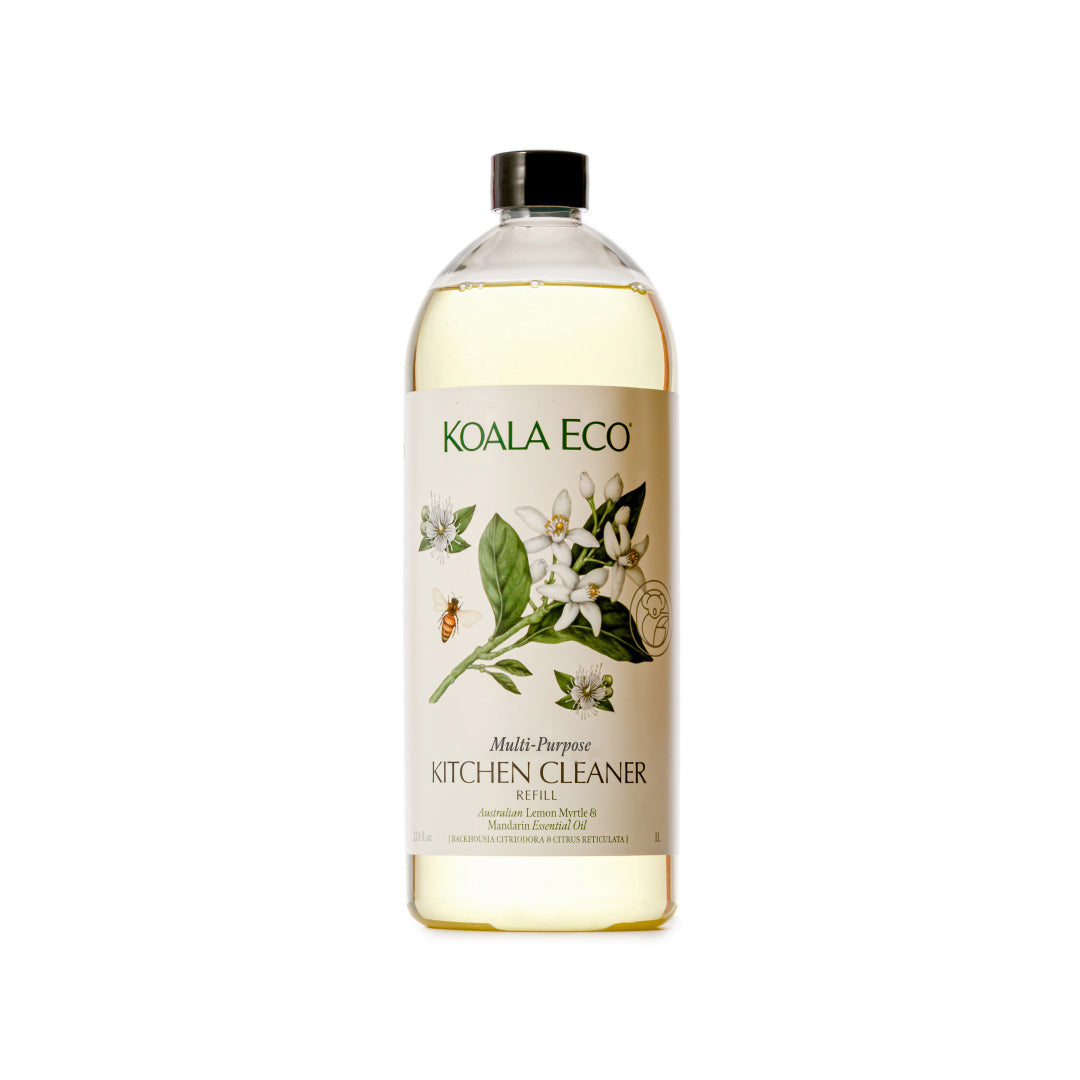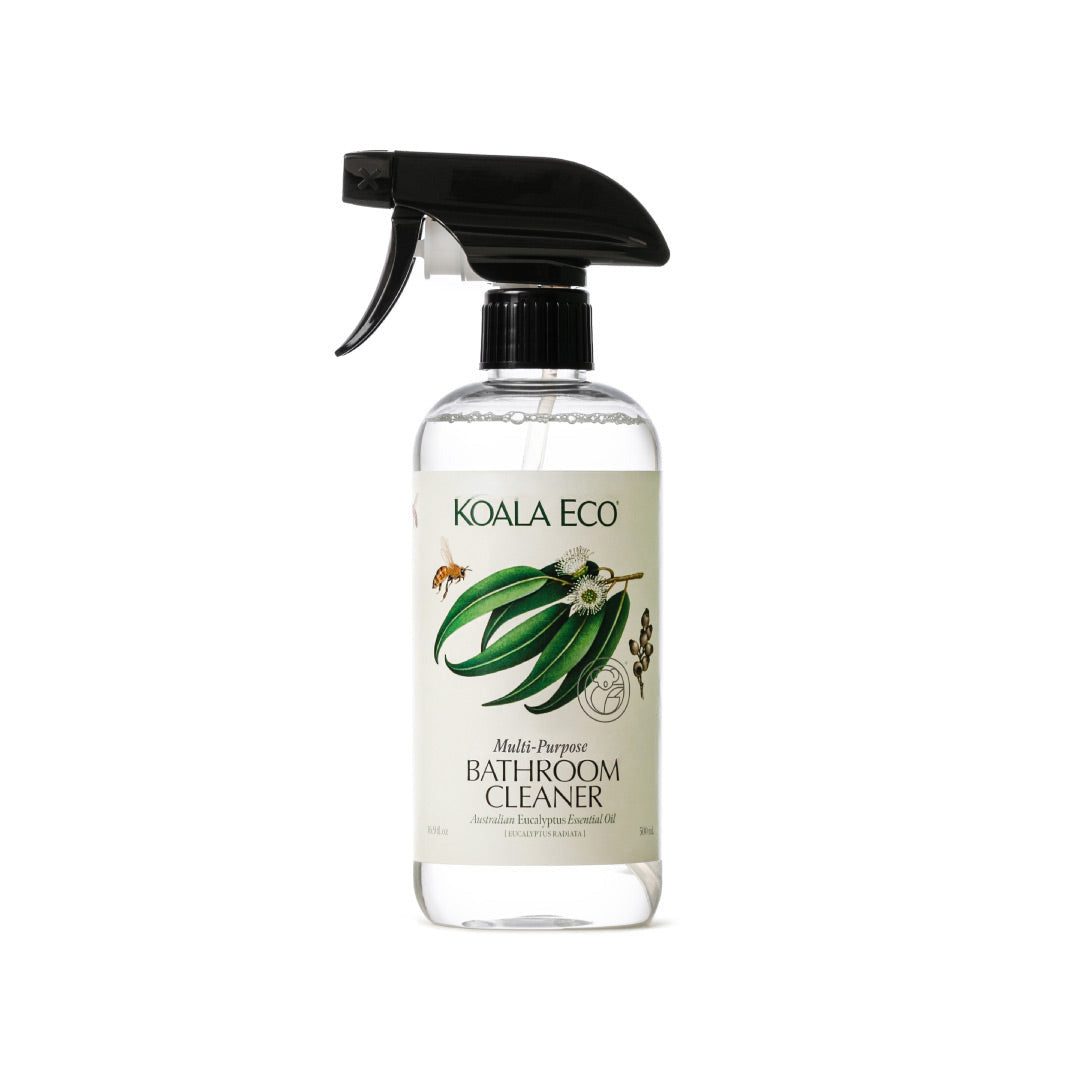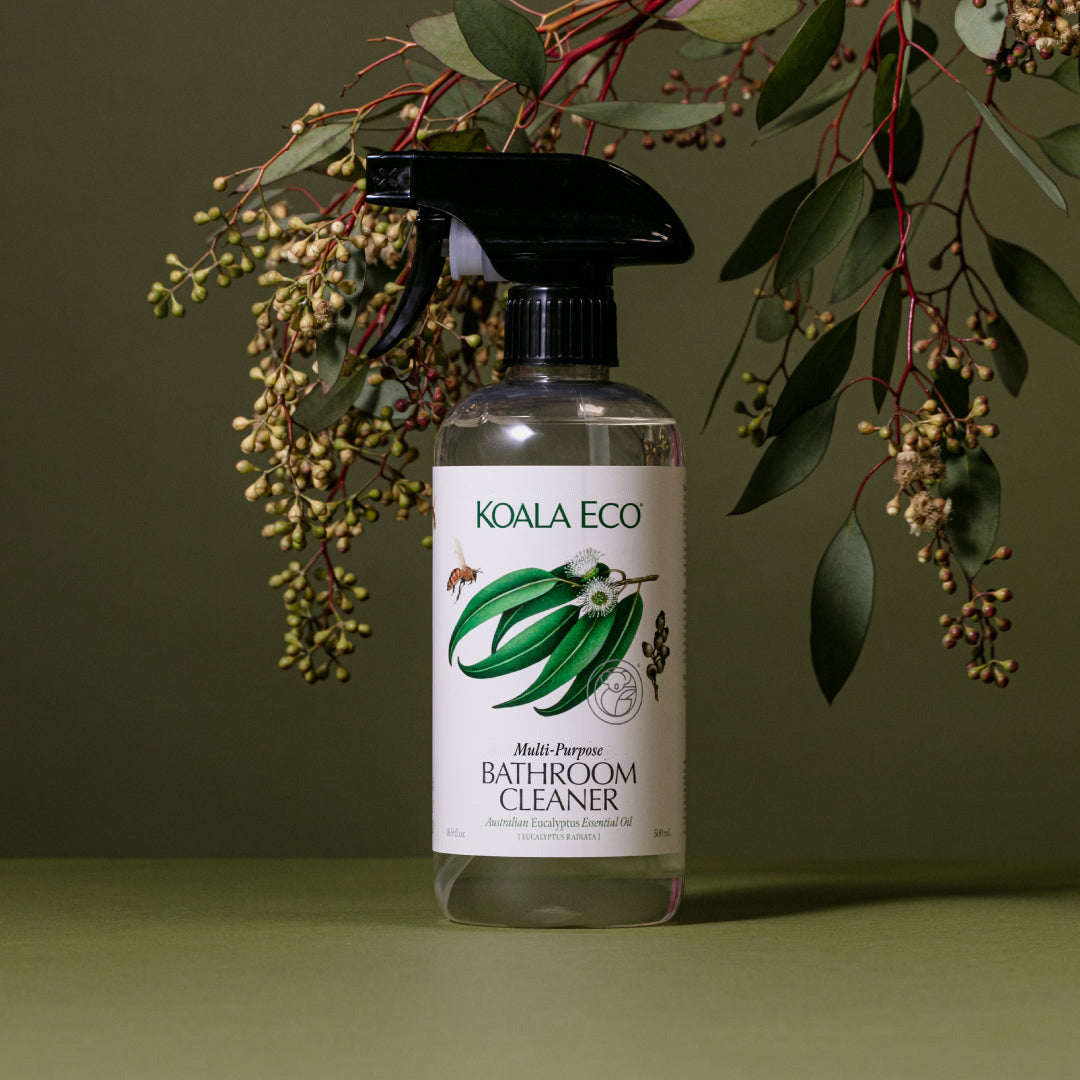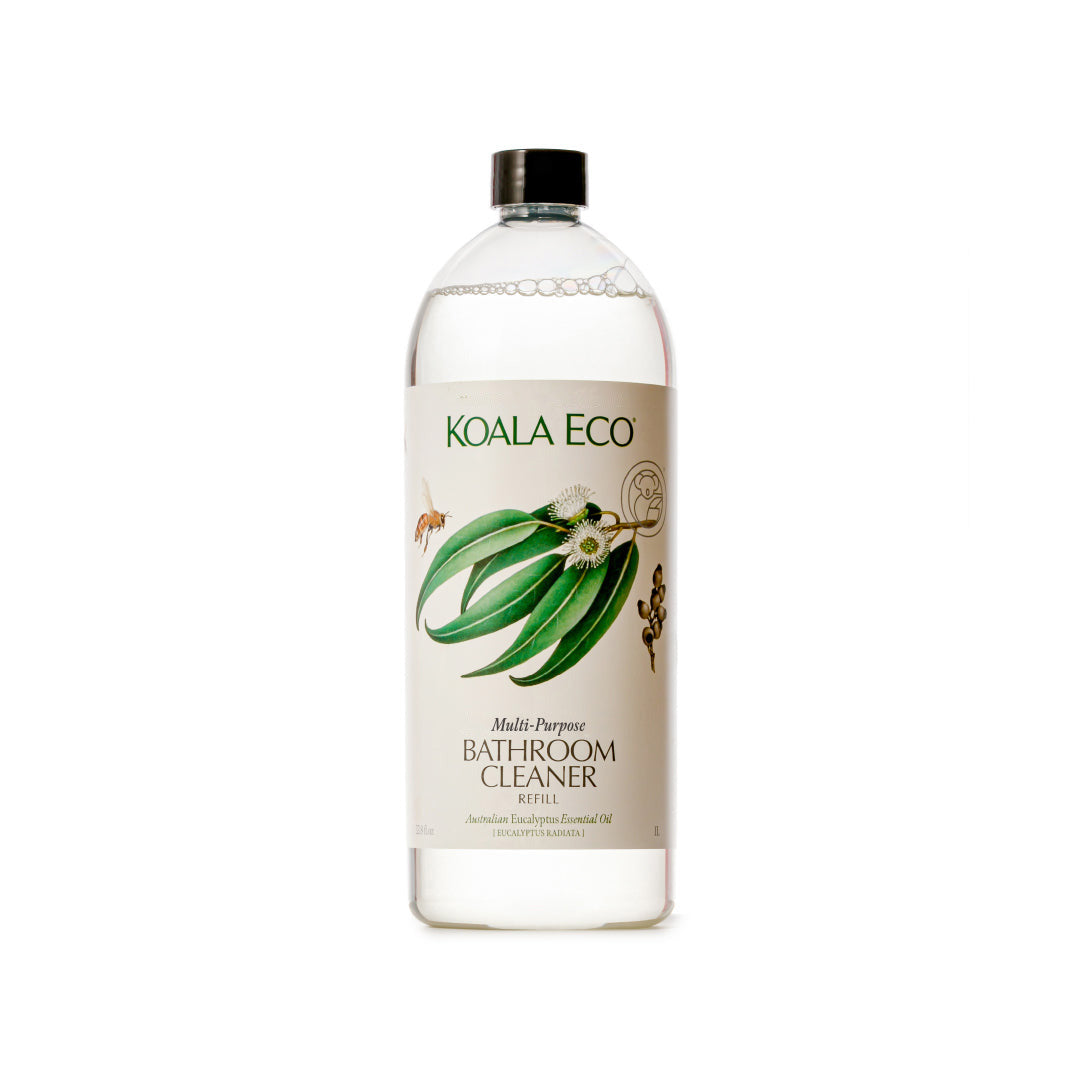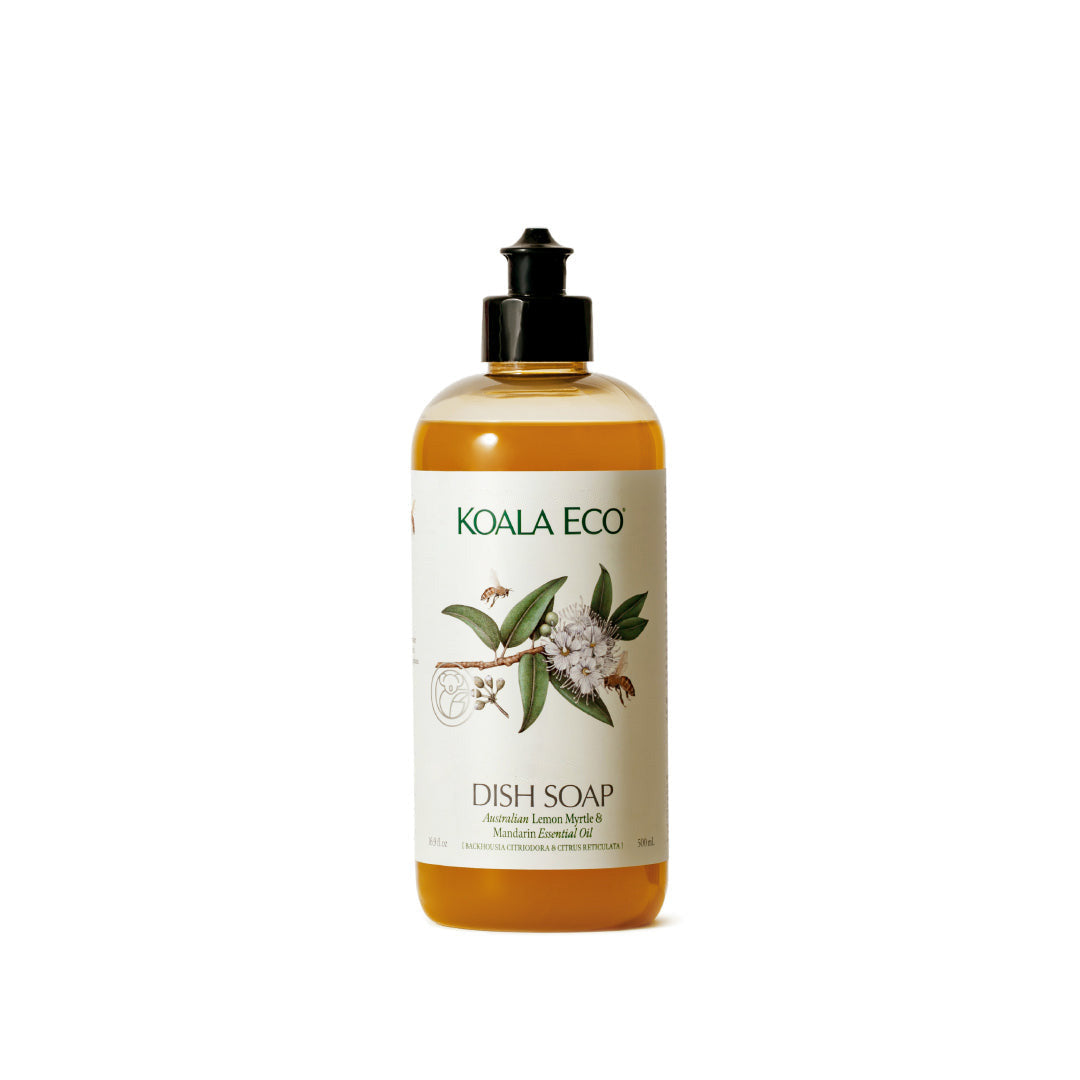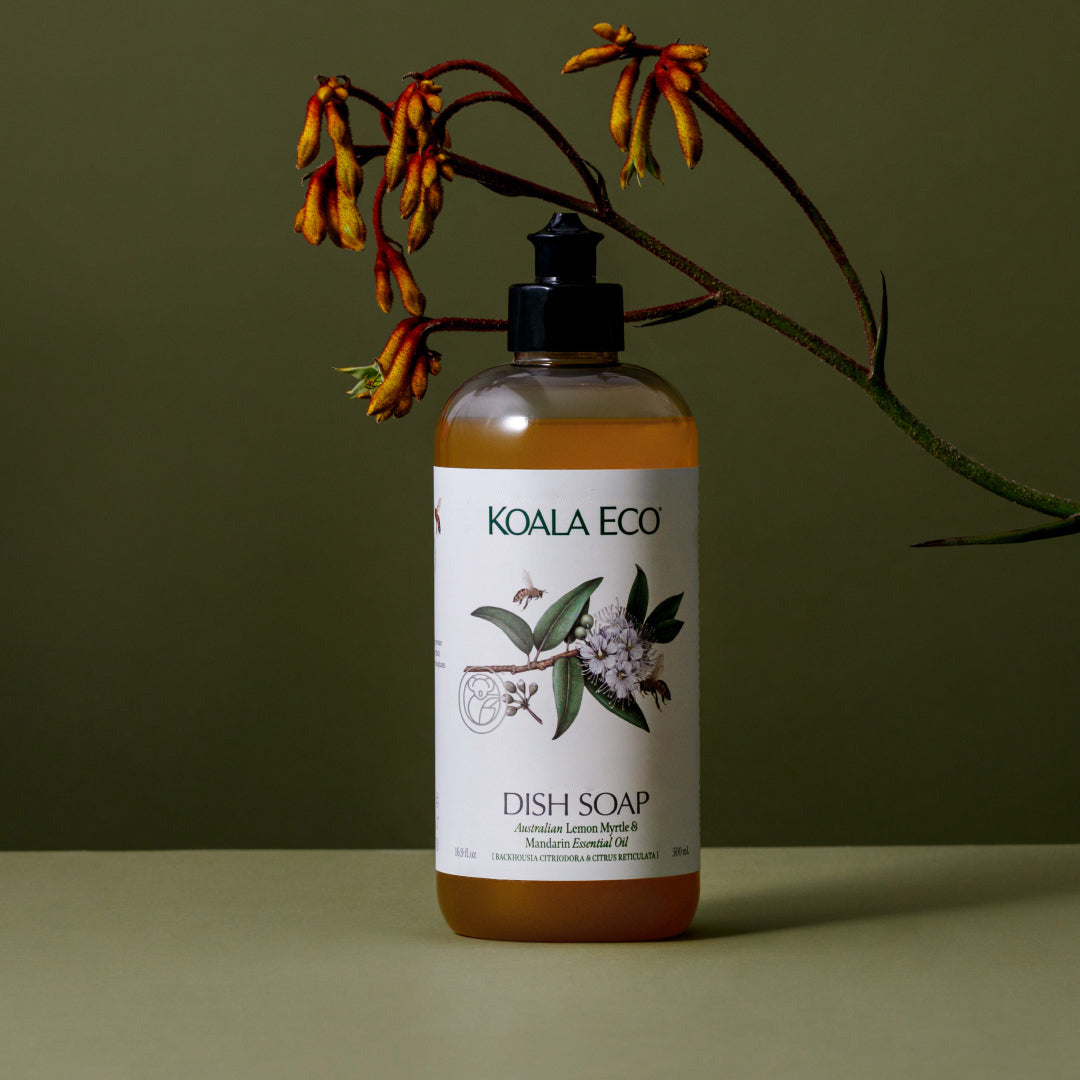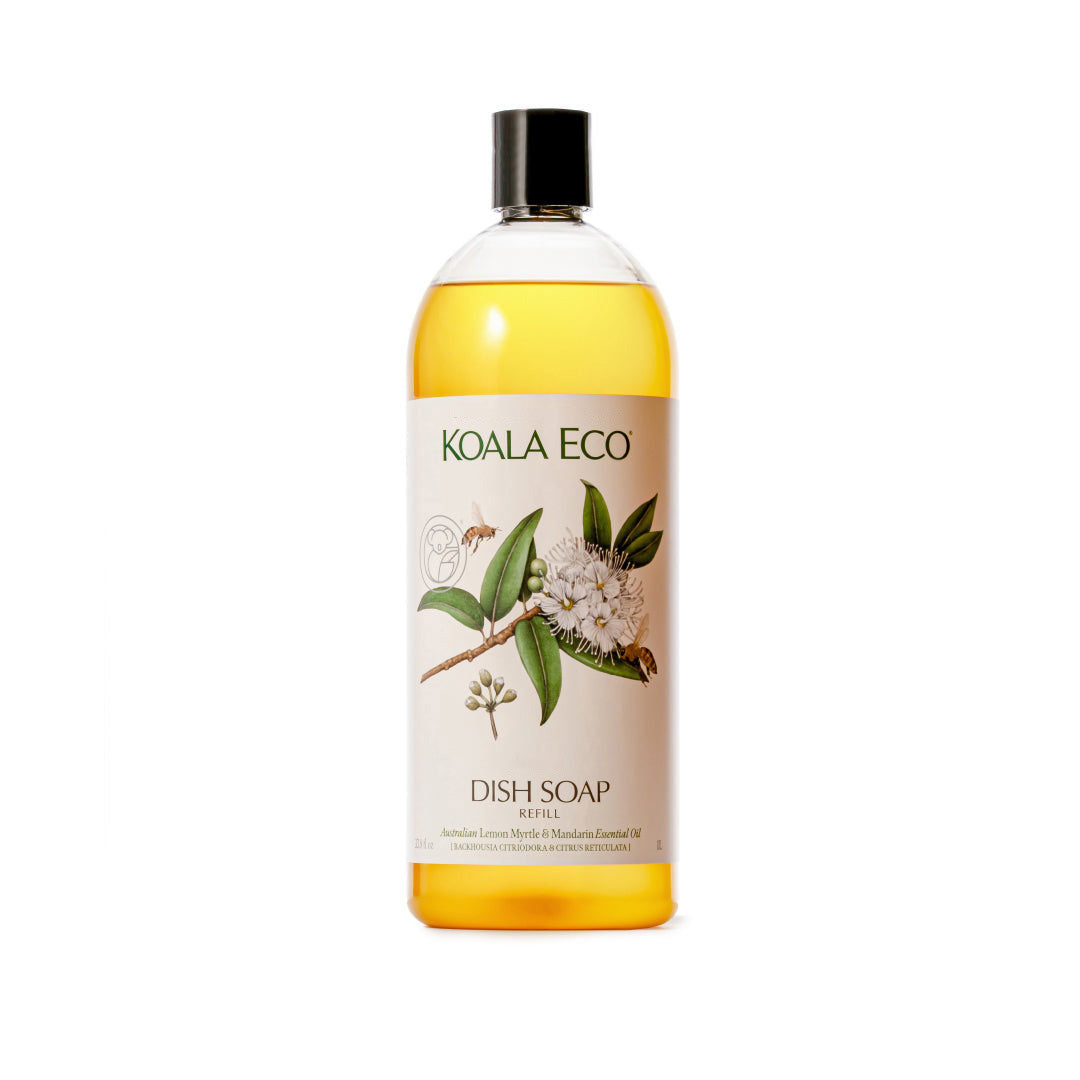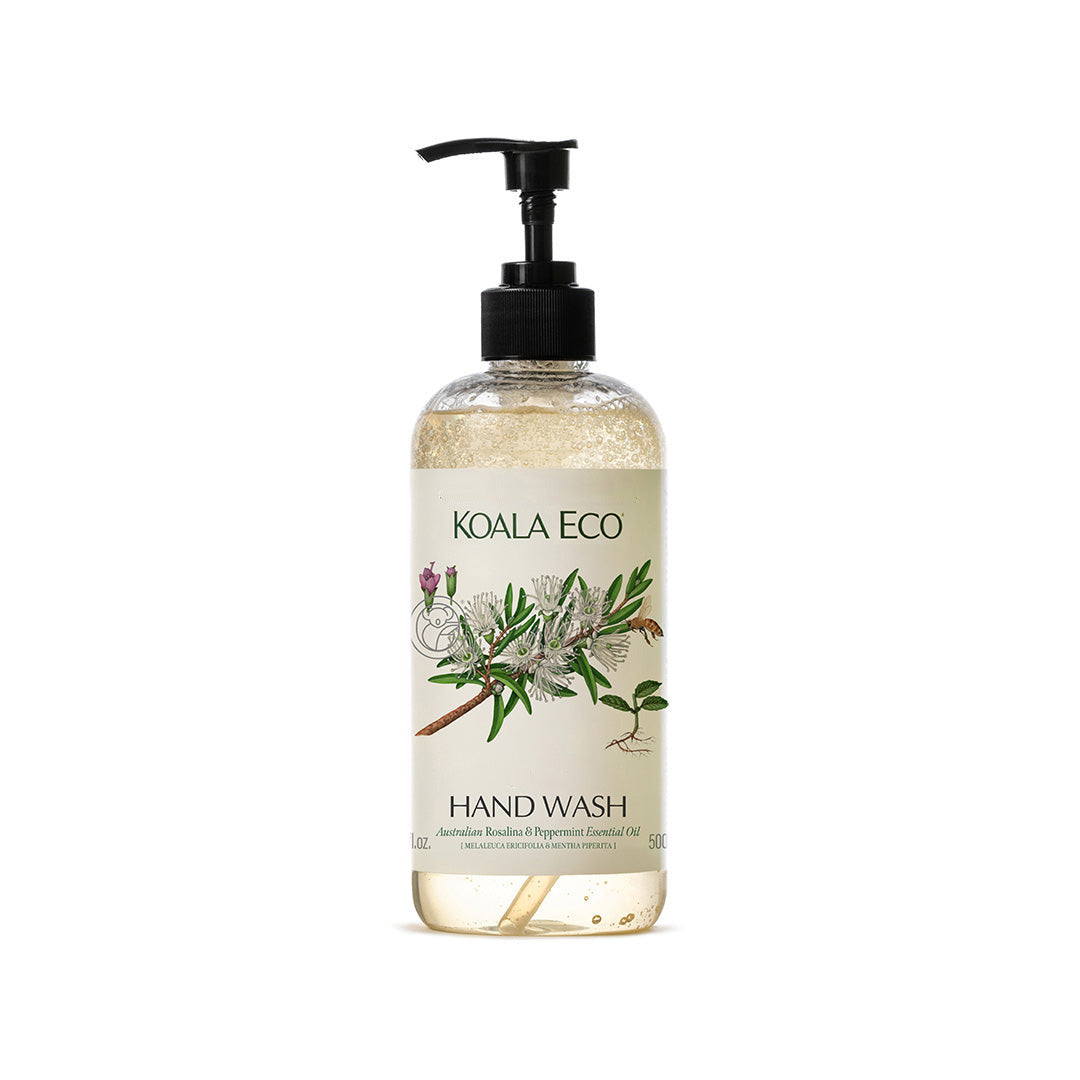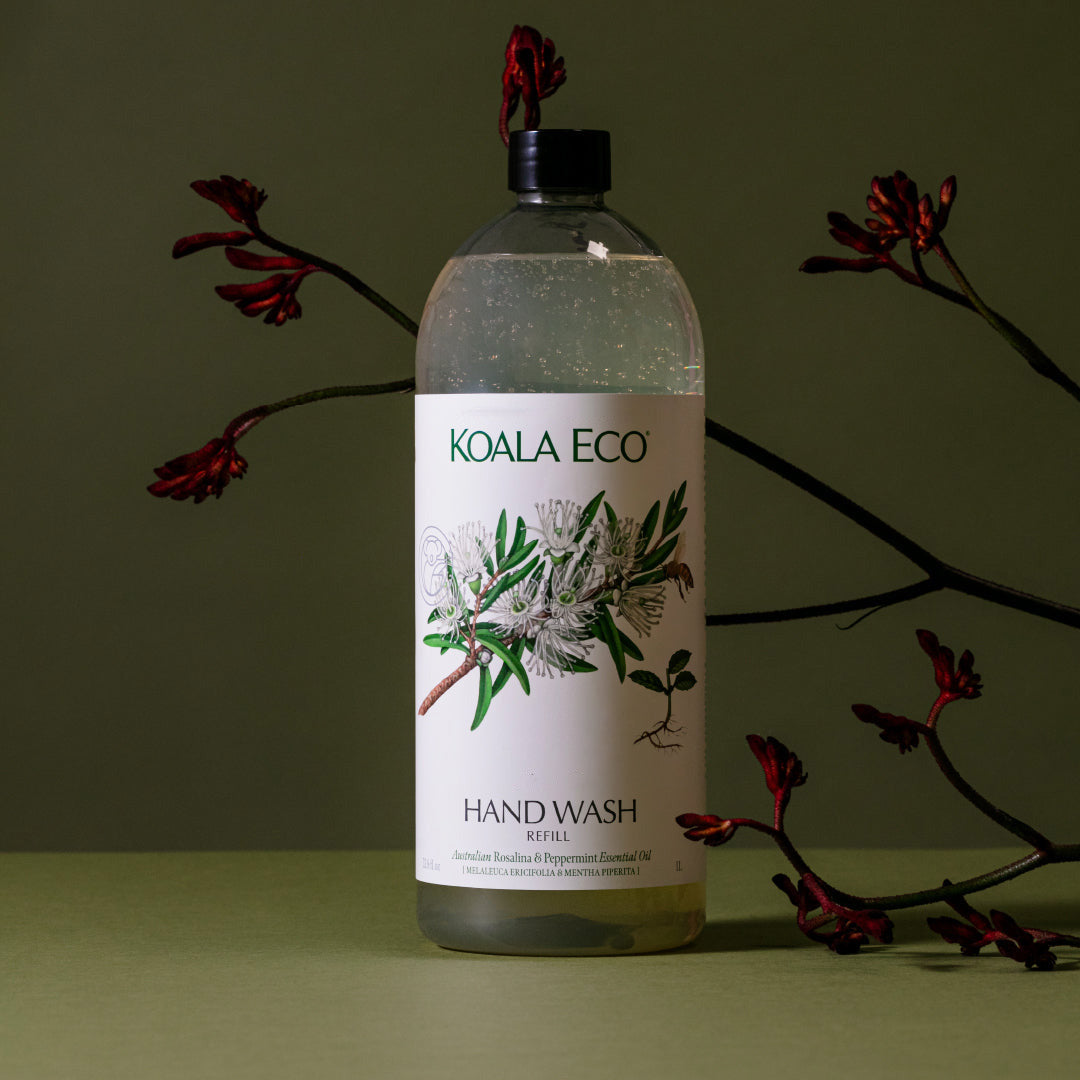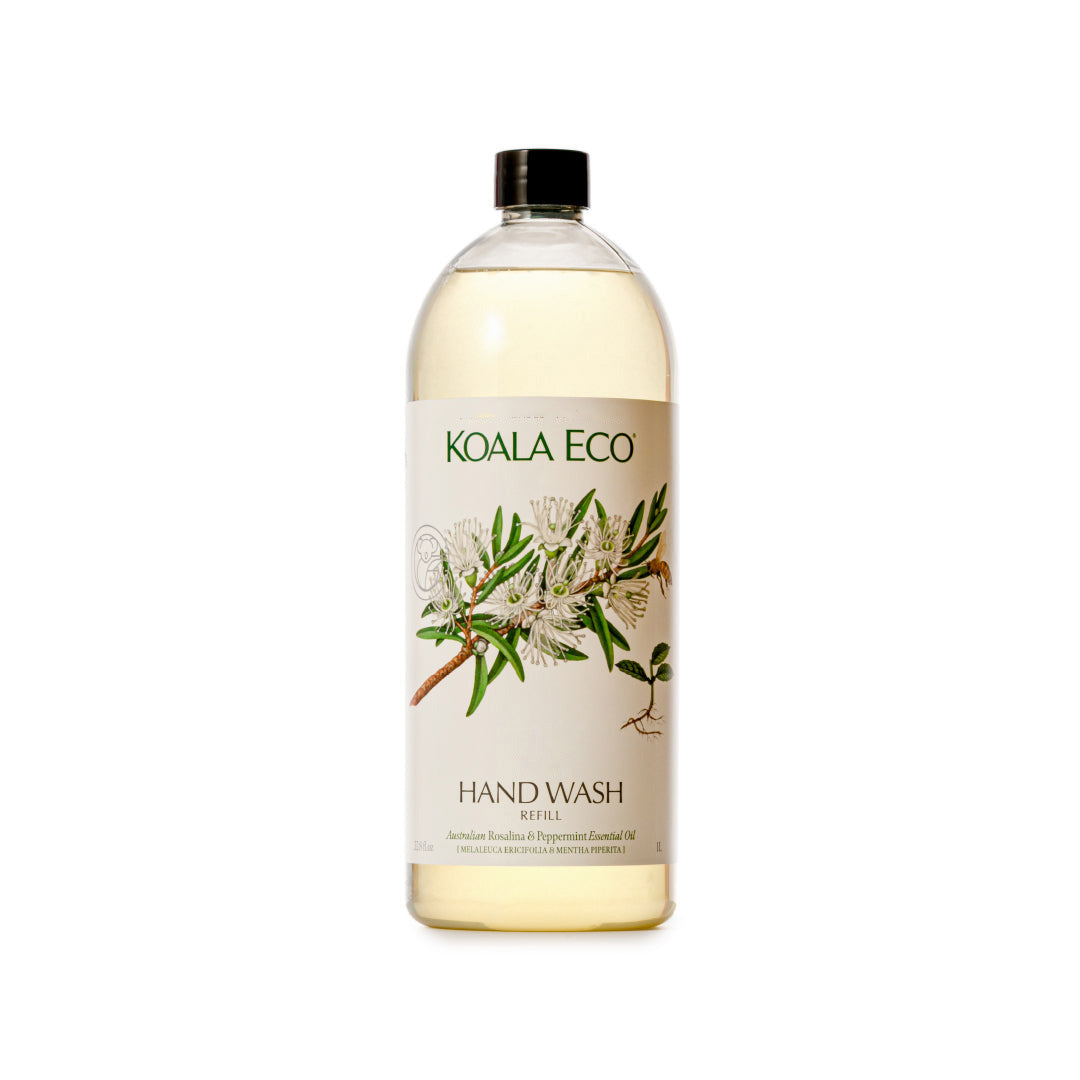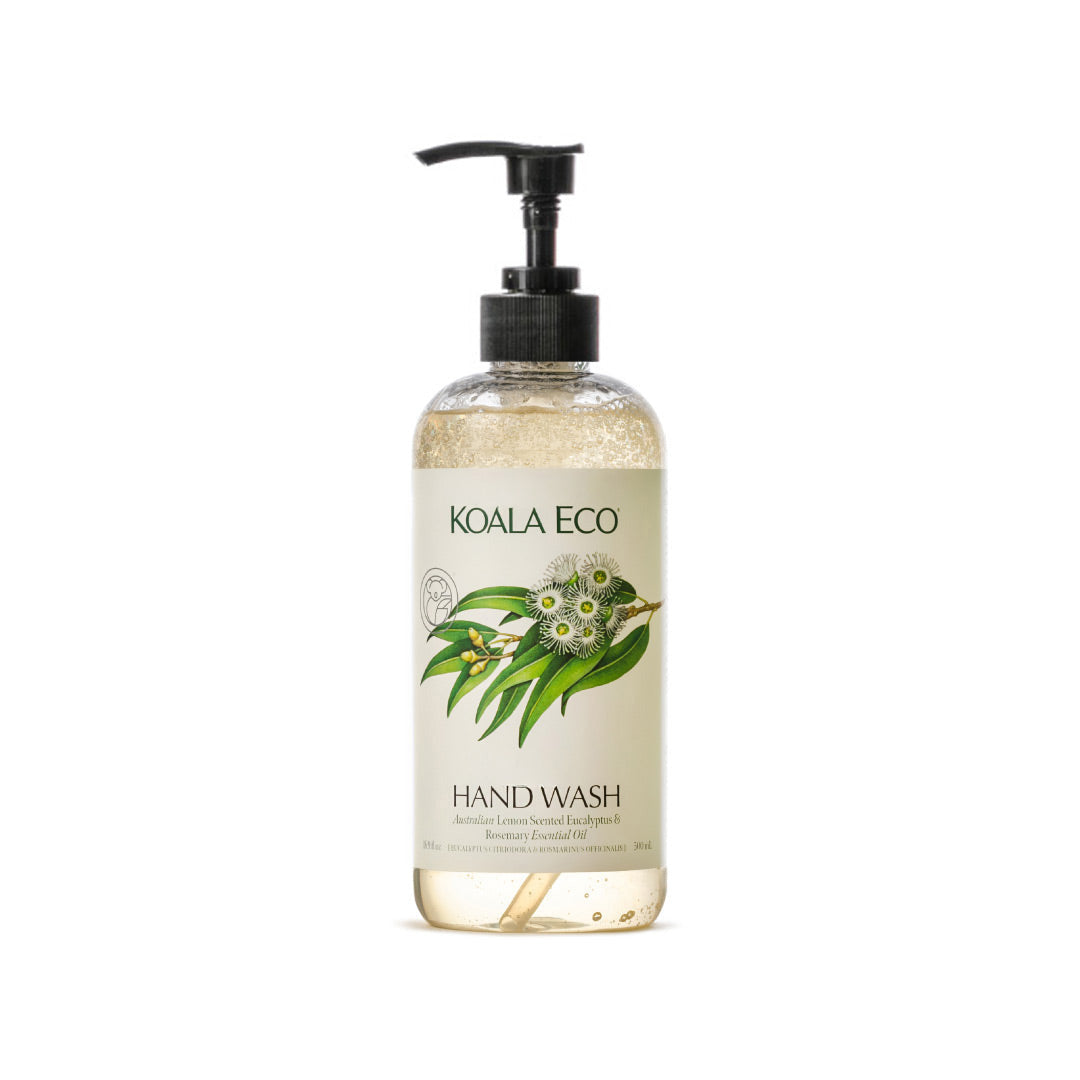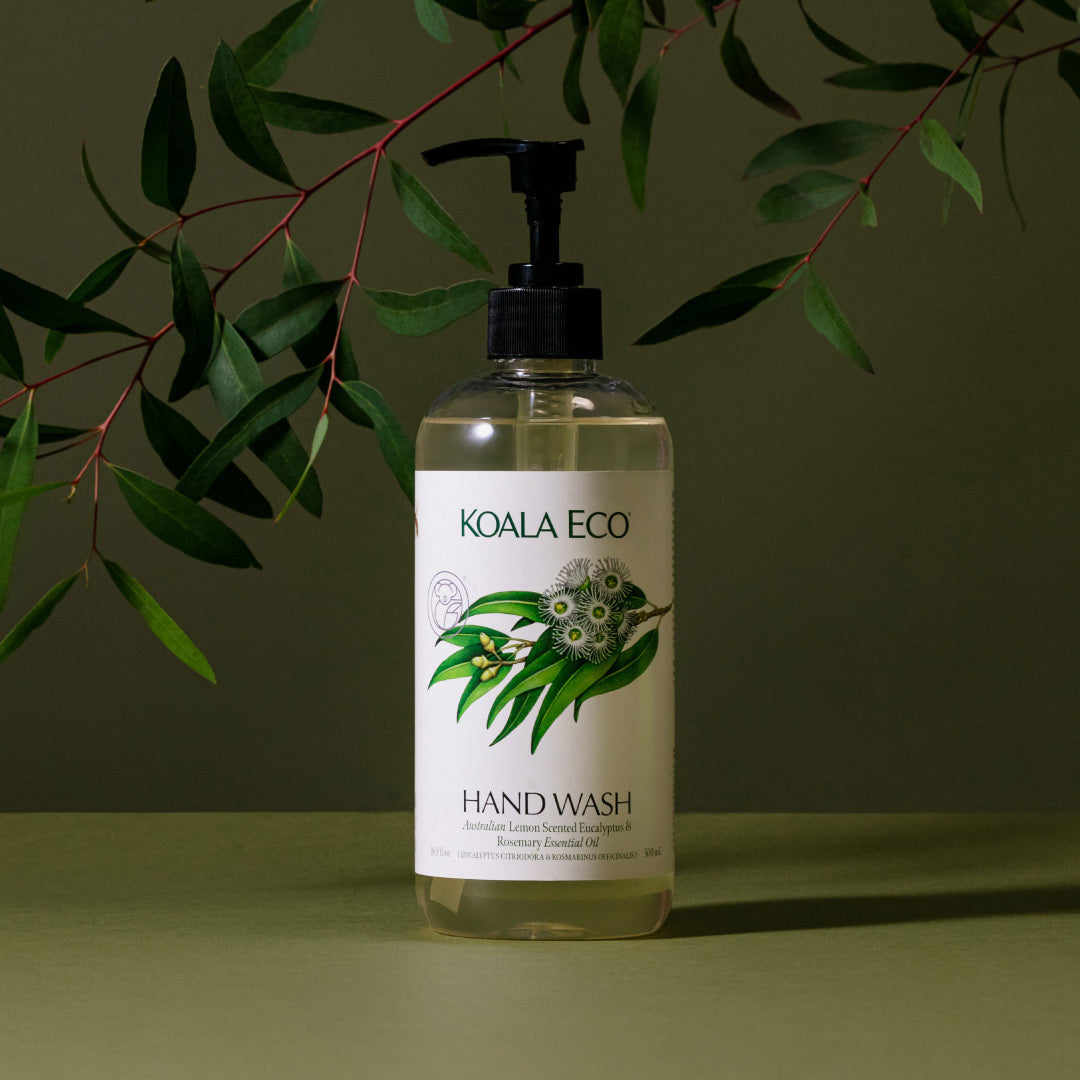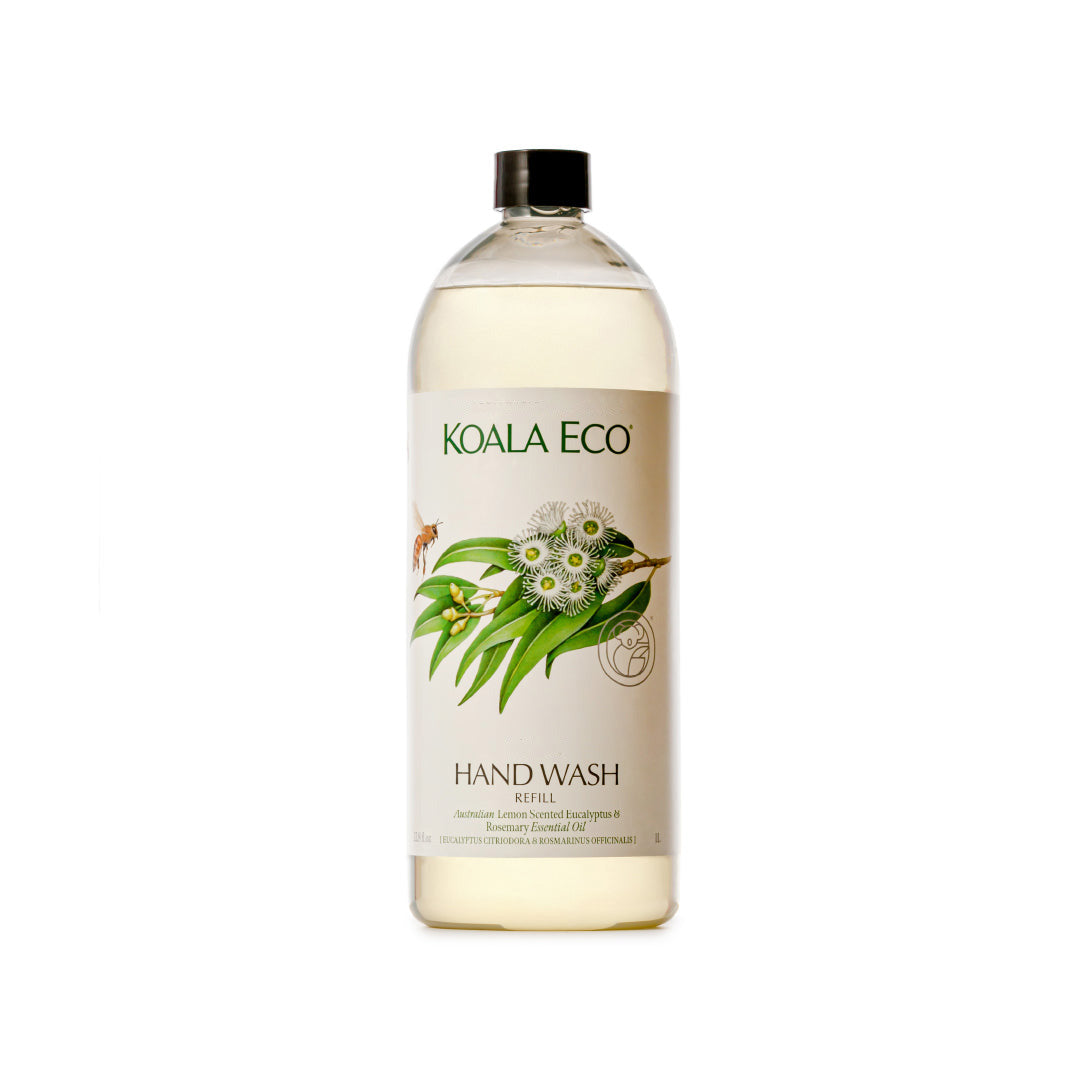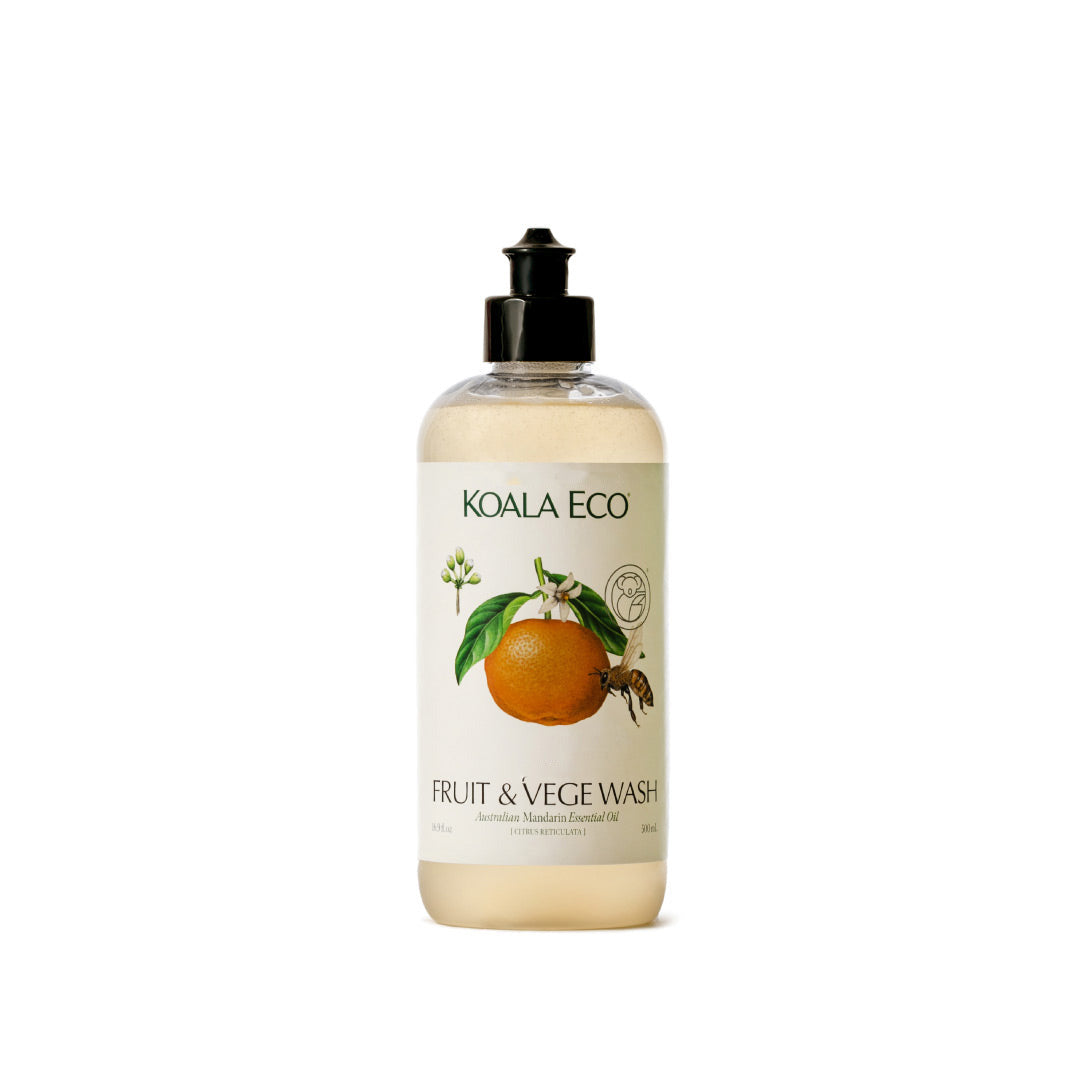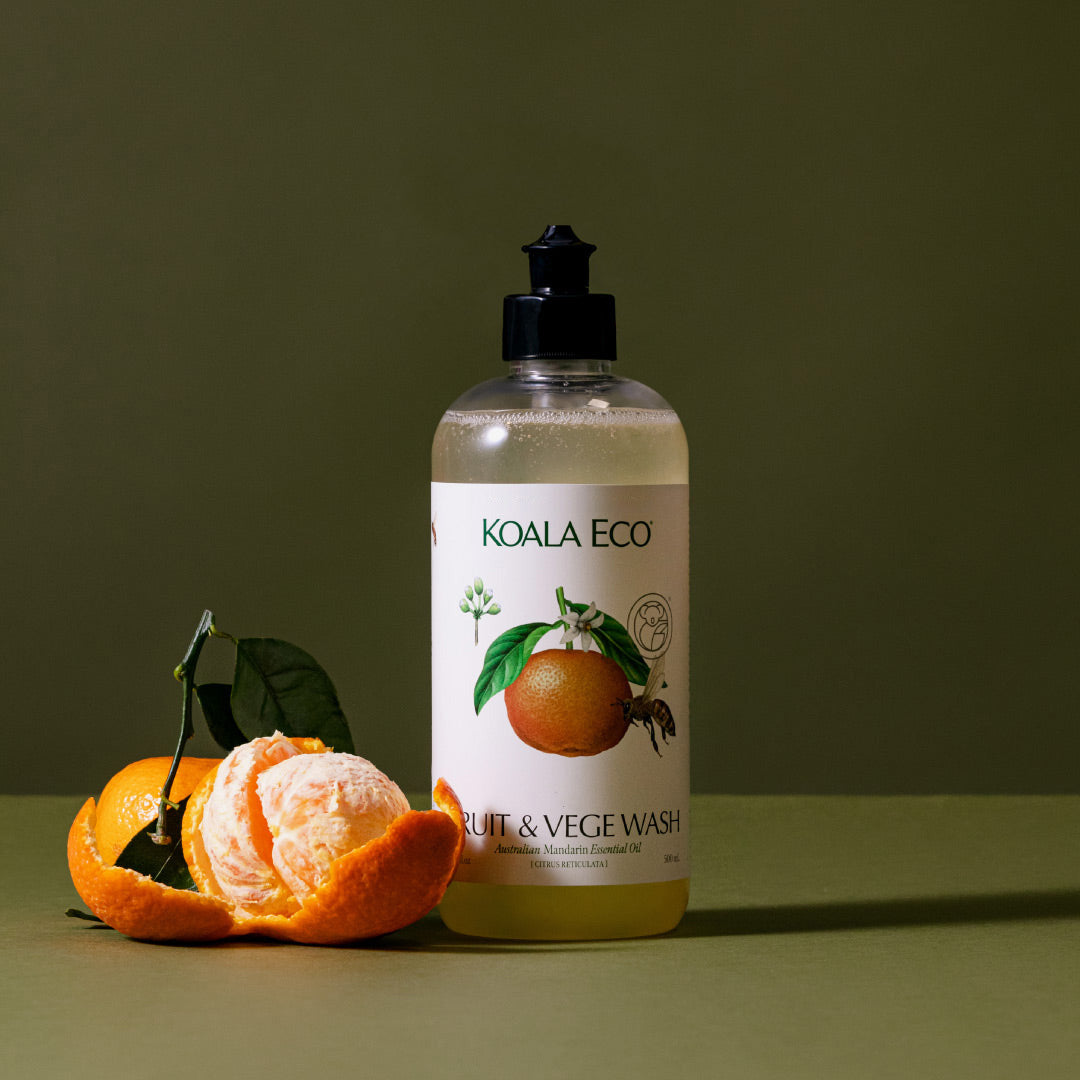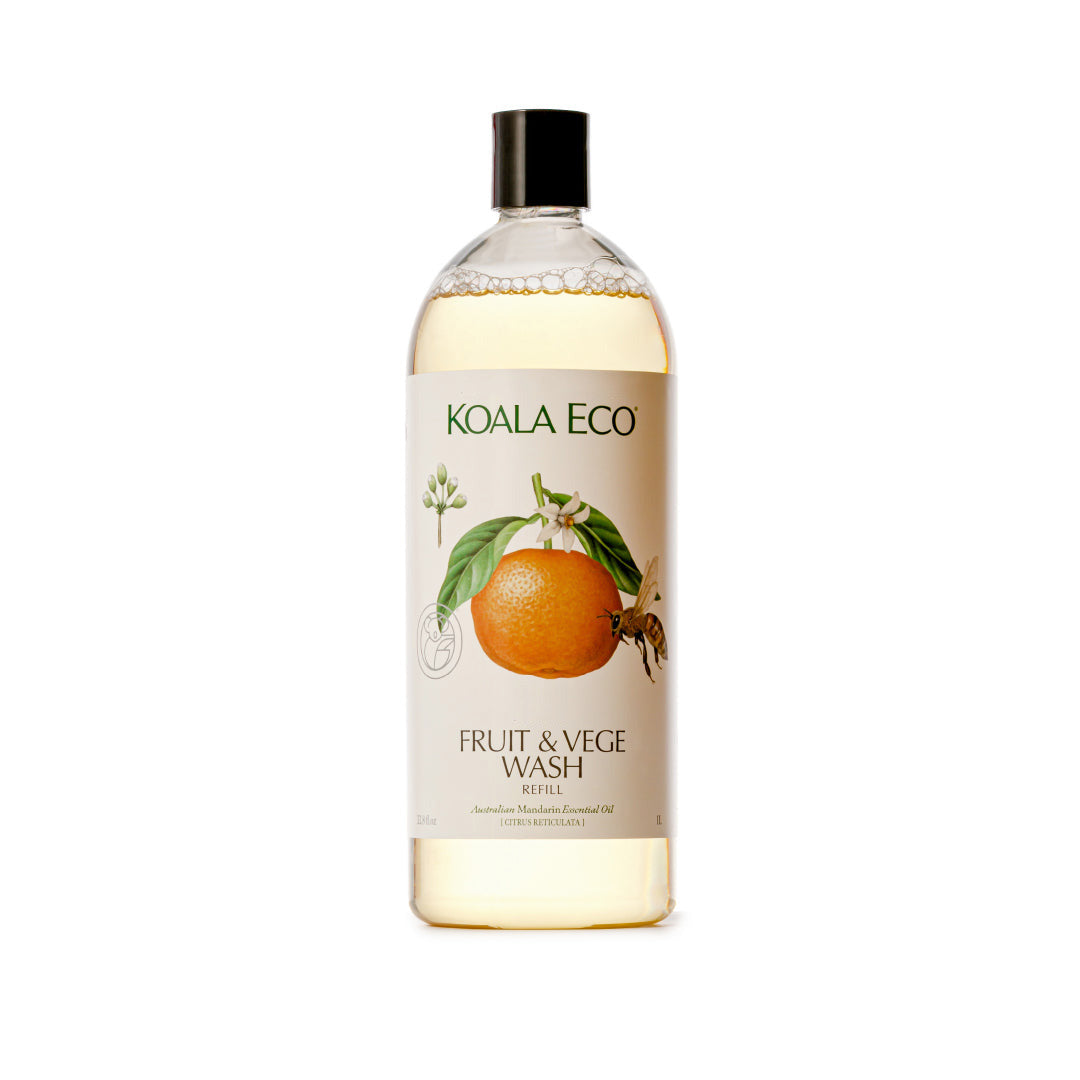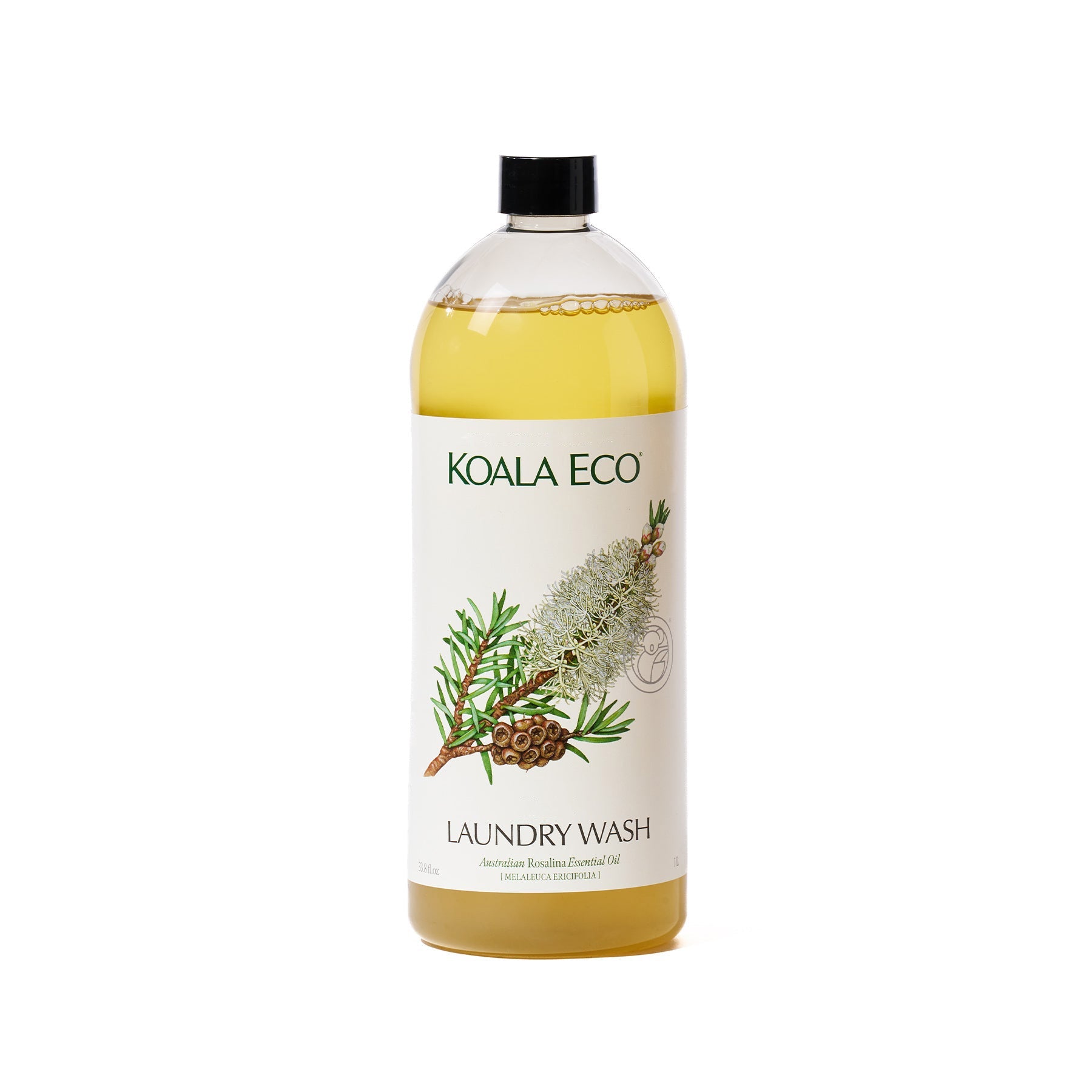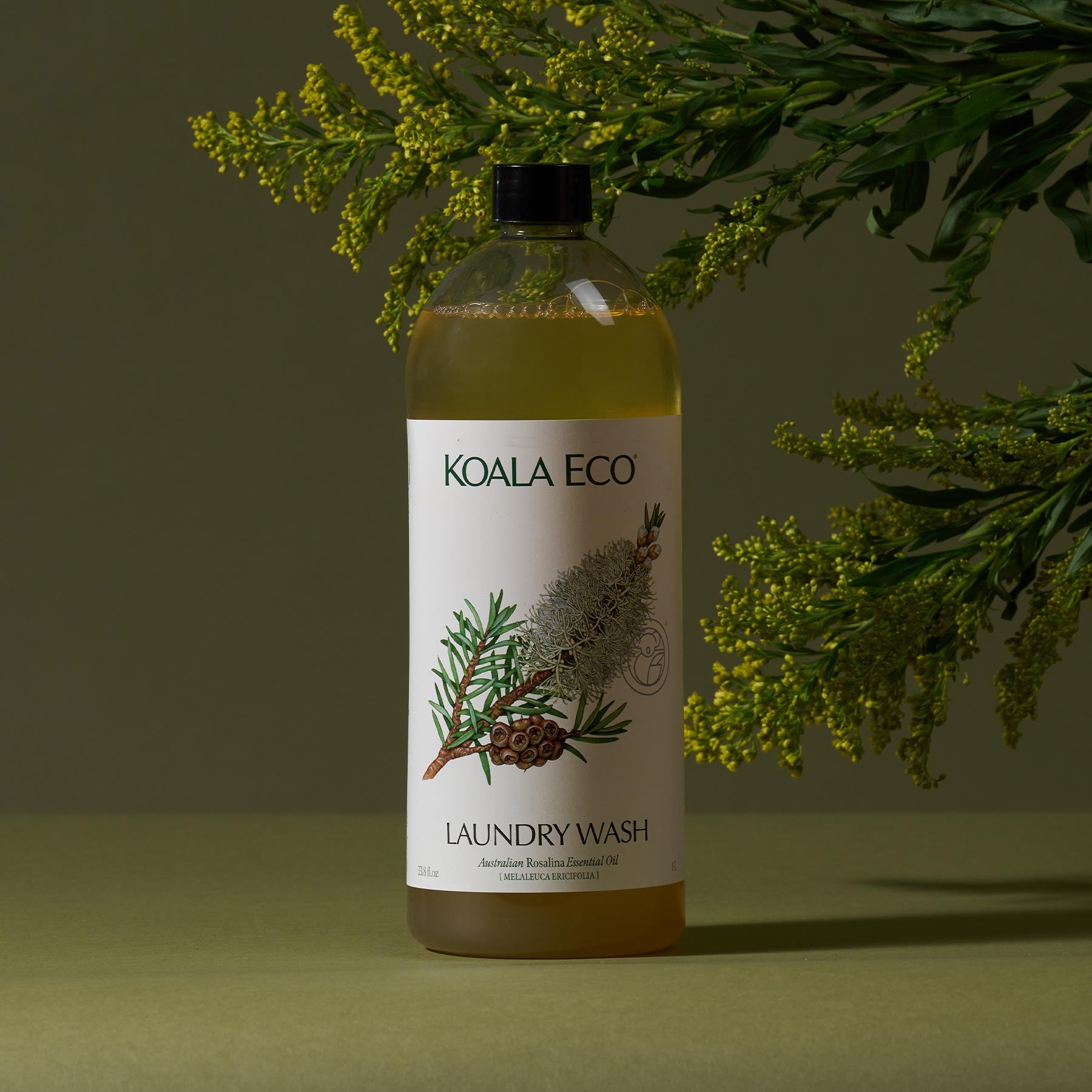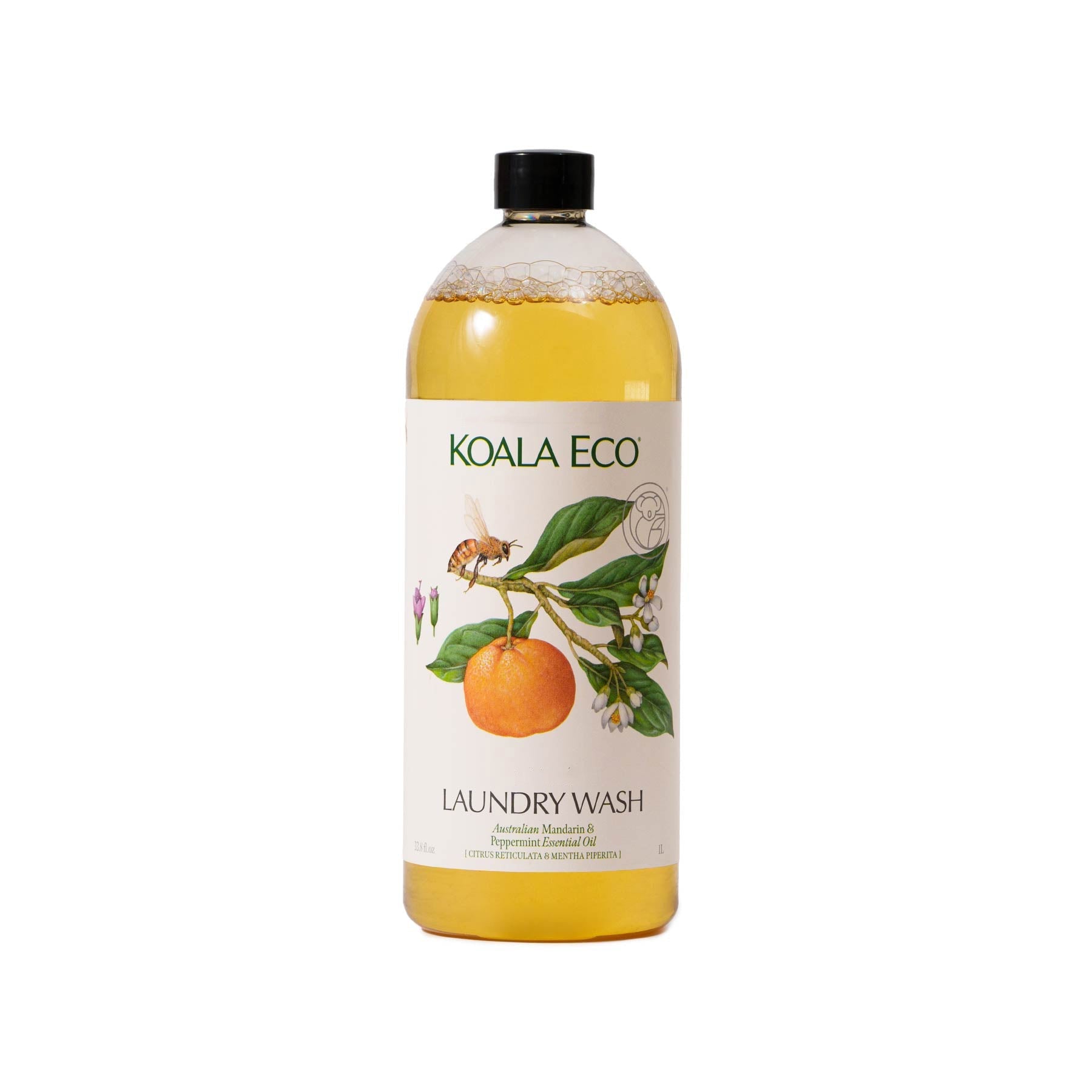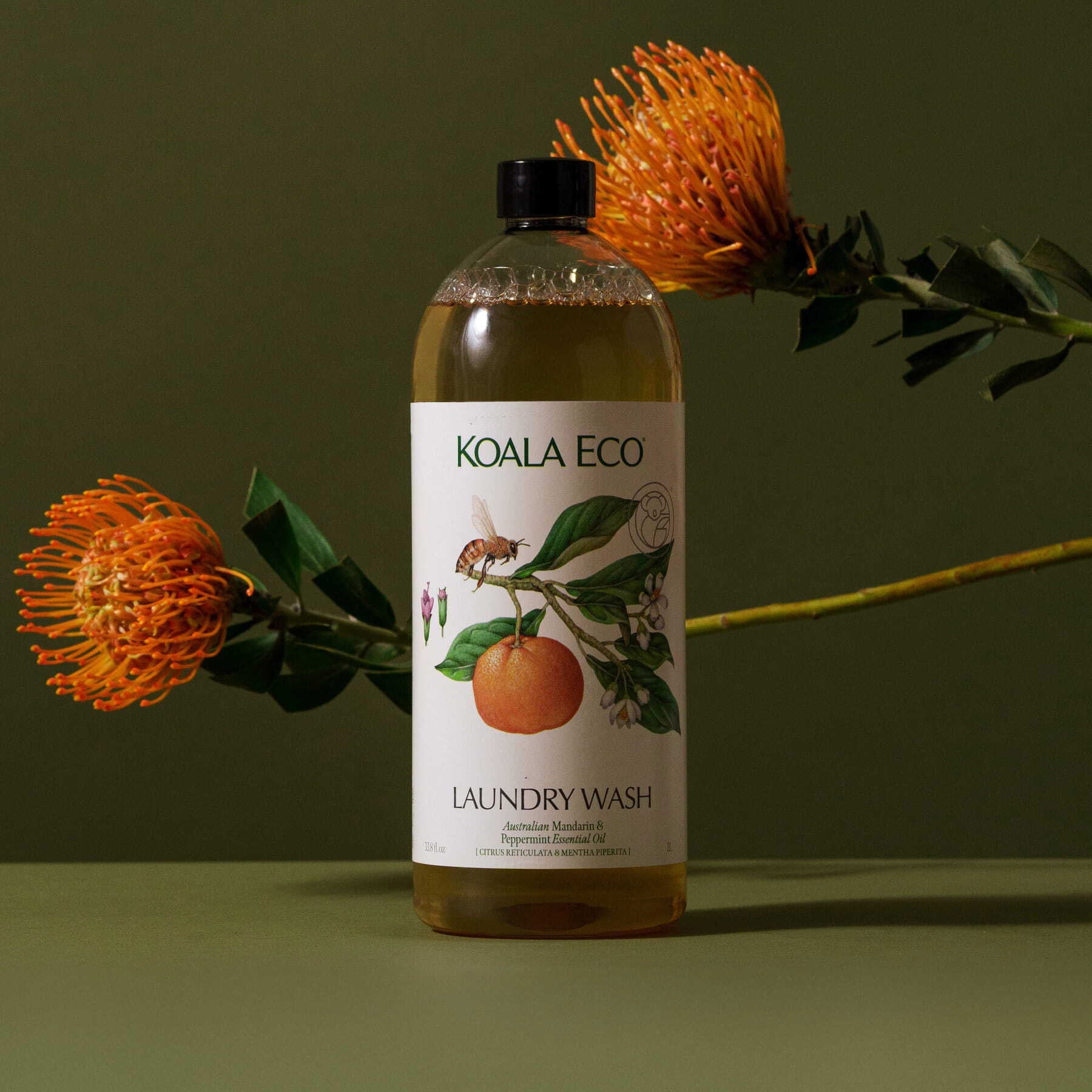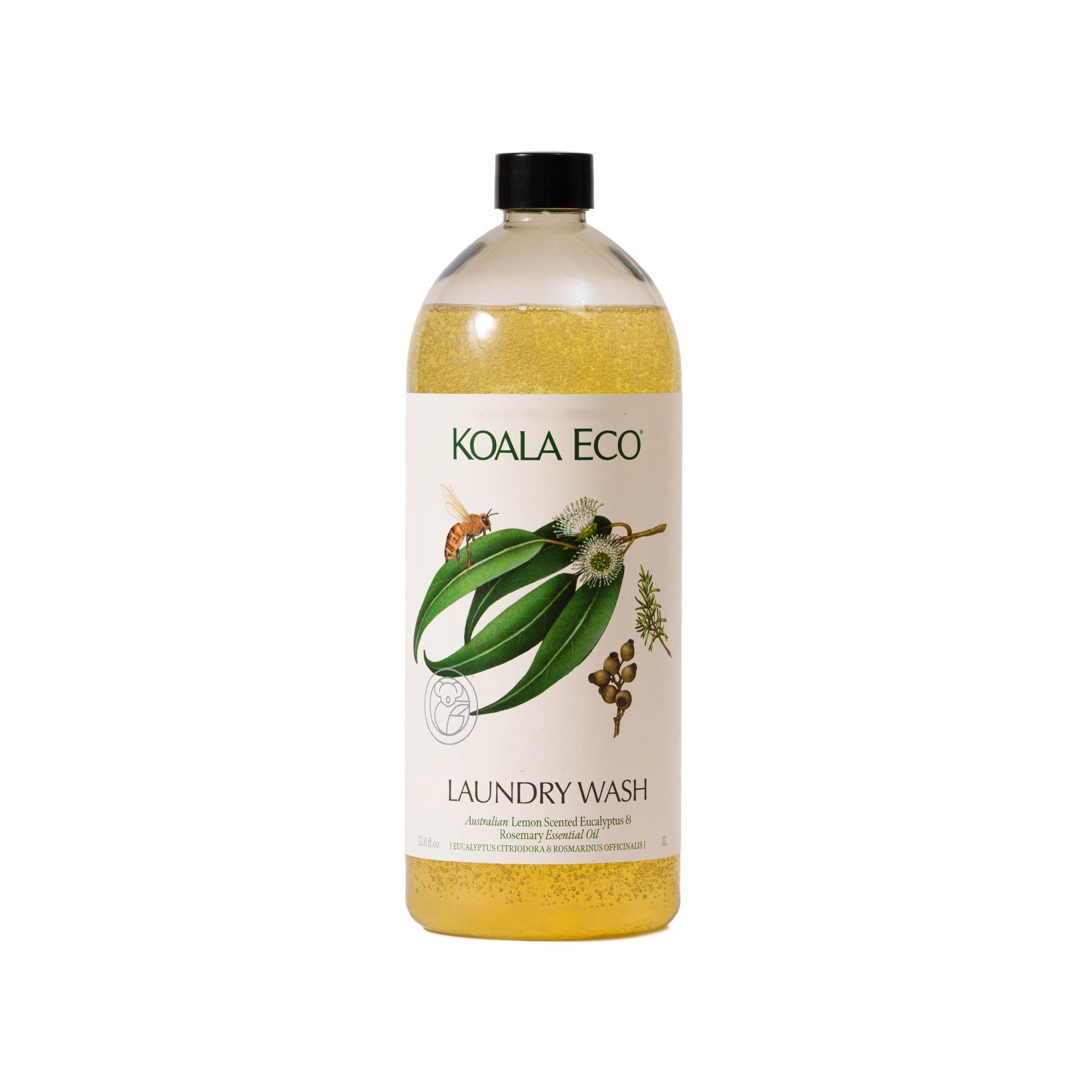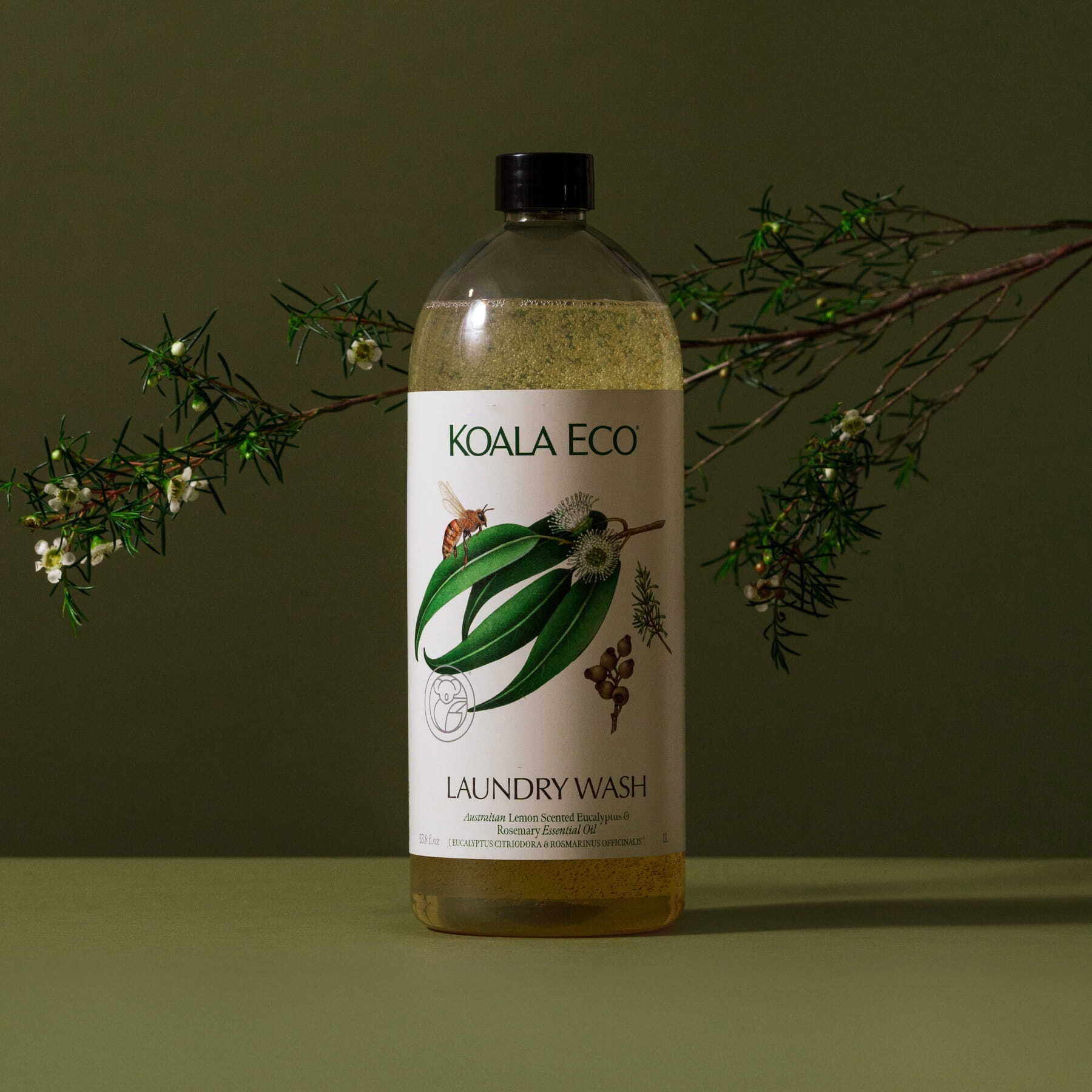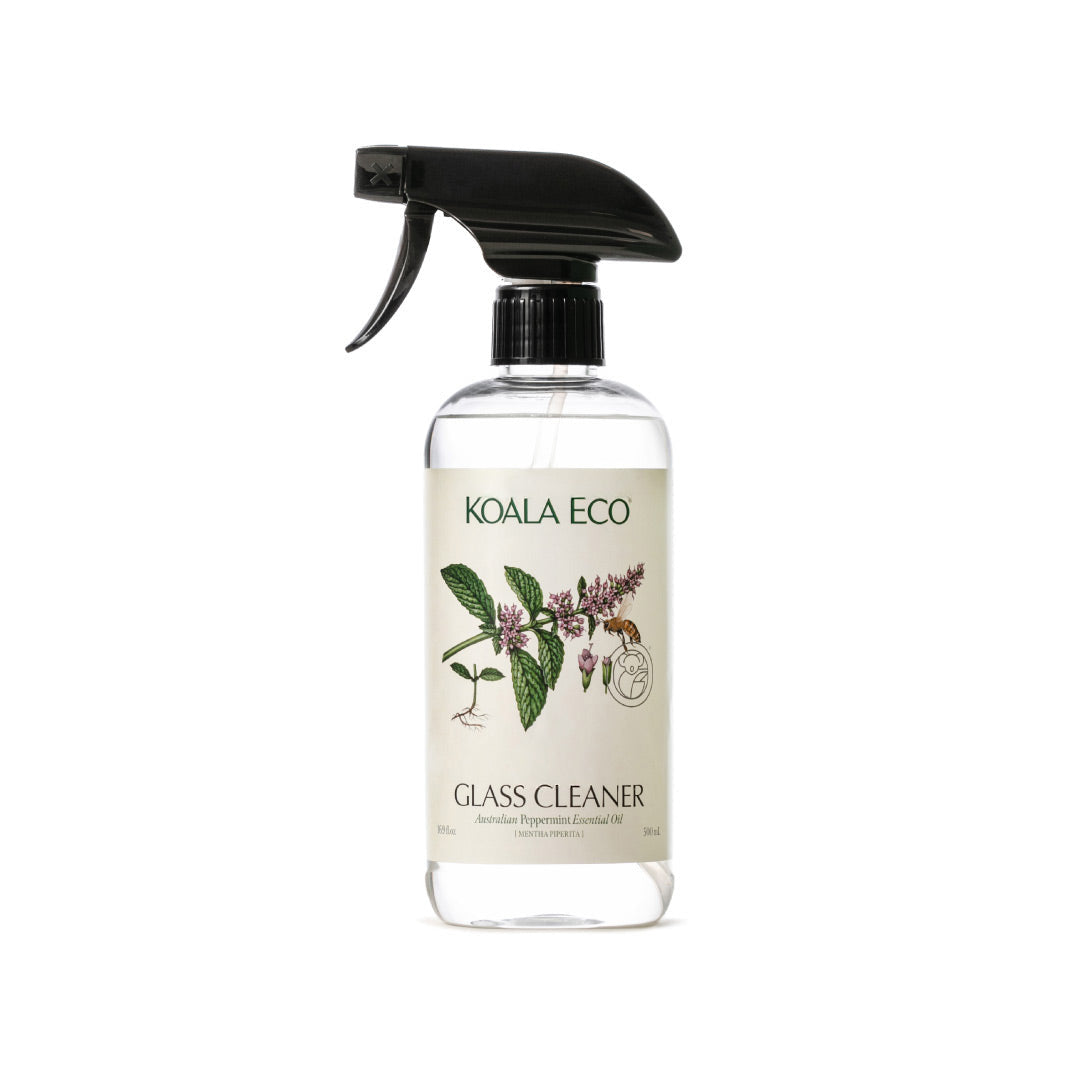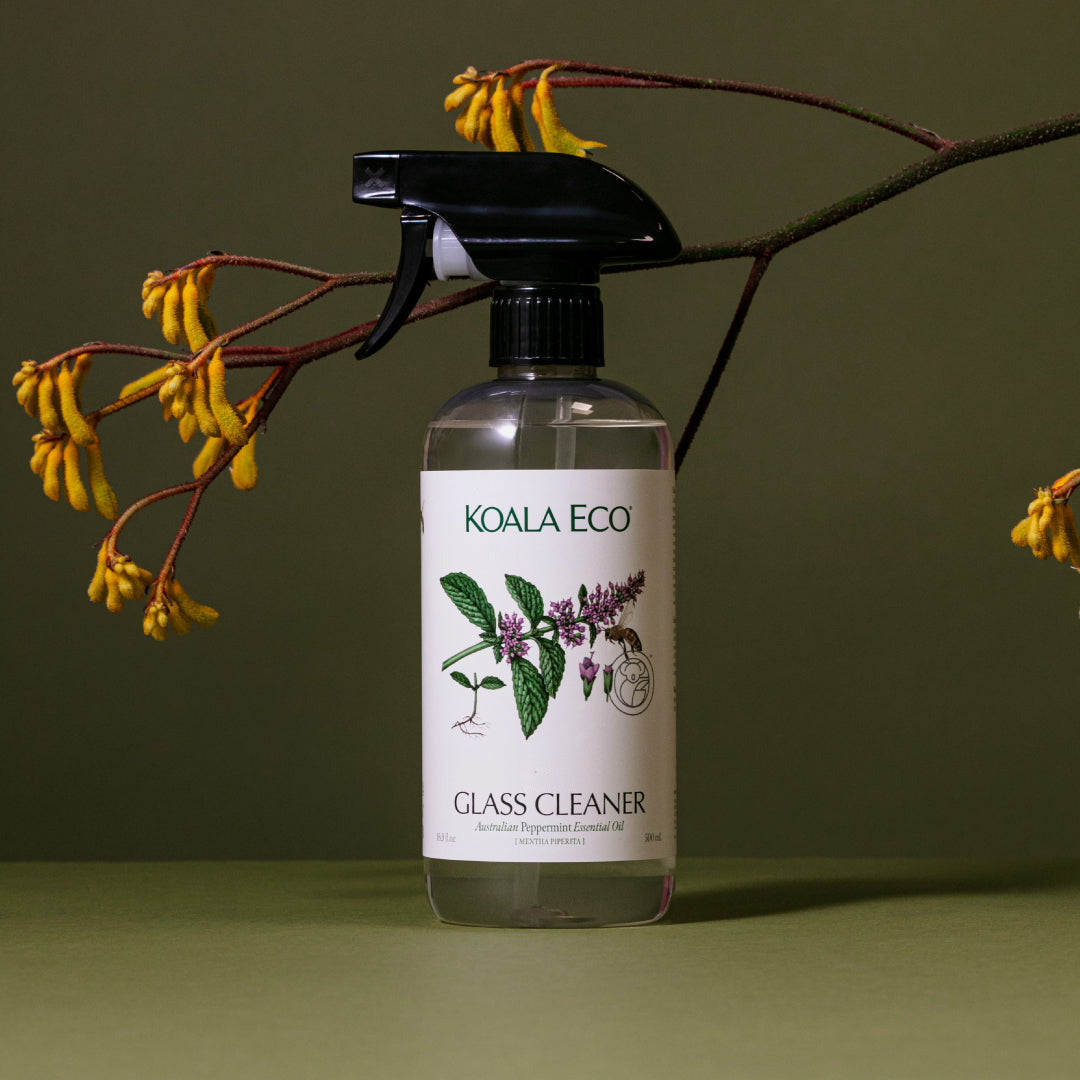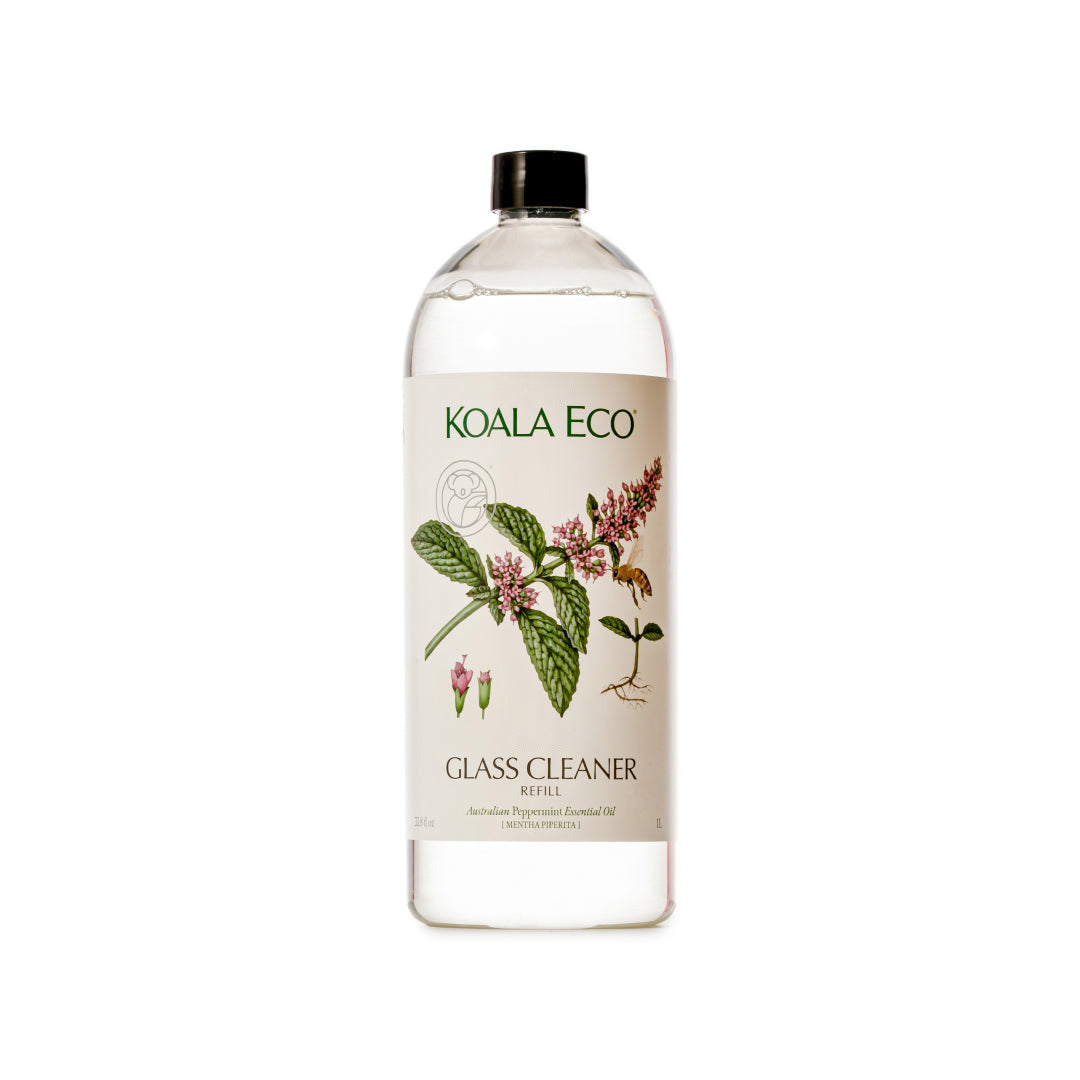Alexx Stuart is widely recognised as an educator, activist, and change agent. With two published books, online courses, and a popular podcast “Low Tox Life”, she has become a leading voice in the movement to reduce toxic exposure in everyday life. Alexx is unrelenting in her pursuit to hold companies accountable for spreading false information while also advocating for the importance of connecting with nature on a regular basis. We had the privilege of hearing her thoughts and asked her to tell us more.
What’s your favourite thing to do in nature?
It has to be sunset swims on a calm, quiet beach. I can't think of a greater nervous system boon for me.
Describe your connection to nature: what positives does it bring to your life?
Nature brings me back to my body and out of my mind. Having recently been diagnosed with combined-type ADHD, so much makes sense about what I seek out from nature, to prevent system overwhelm. My brain is taking in an average of 200 x more information than a neurotypical brain, and so a splash of cold water on my face, a dive into the ocean, the flickering of a camp fire, a barefoot walk in the park... it all helps me equalise and prevent sensory overload.
What are your fondest memories of spending time in nature?
My mum is from Mauritius, so we had the great fortune of spending holidays there every couple of years growing up and every day and all day was beach day with just a few houses scattered on the beach, so the wild and crazy surf of Australia has always felt far too stimulating for me but give me a calm little quiet beach in the evenings when the crowds have gone, like Murray Rose Pool or Camp Cove hear where we live, then sign me up - an hour there and I feel deeply connected to the natural world, calm and restored.
Many of us are time-poor and might not get out into nature as much as we’d like. Any suggestions for a quick nature-based pick-me-up? Something sensory, experiential…?
Most people have access to a backyard, verge garden or nature strip out front or a park nearby - The research shows us that as little as 50 minutes a week of barefoot grounding in the earth (grass, dirt, sand) can impact our blood pressure, insulin and cortisol positively. So kick those shoes off and get grounded to constantly remind yourself that you are nature and being in it is home, which brings a whole host of tangible and intangible well being benefits.



![The Sunday Reset - Inspired by Pink Grapefruit [Citrus paradisi]](http://usa-koala-eco.myshopify.com/cdn/shop/articles/KoalaEco-2025-Sunday_Reset-Pink_Grapefruit-Journal_Banner.jpg?v=1762548512&width=2000)
